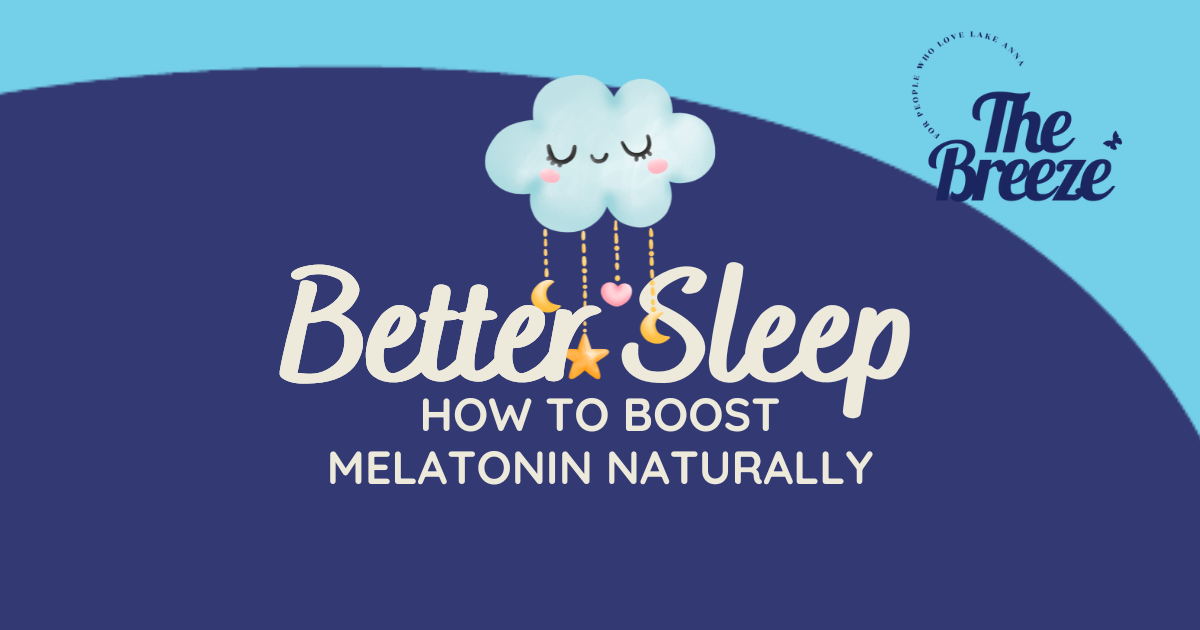
Restocking hormones, processing toxins, repairing tissue, fighting infections, and processing heavy emotions – this all happens in your sleep! And when you don’t get a good nights sleep, it can really make an impact on your overall health.
Deep in the center of the brain, we have our pineal gland. This gland secretes a neurotransmitter and hormone called melatonin. This happens, in part, by countering the stress hormone, cortisol. Melatonin suppresses the activity of other neurotransmitters and calms the brain. As we become drowsier, the brain slowly begins to turn off our voluntary skeletal muscle functions so we don’t move around too much.
Melatonin should rise steadily and cortisol should be quite low at bedtime for ideal sleep. This natural process for sleep is important for us as adults and for our children. We want this to happen naturally for our kids, not aided by a melatonin supplement. They can produce their own melatonin. And we, as parents, can teach them how so they will develop a lifelong pattern of good sleep.
The pineal gland secretes melatonin largely in response to darkness. When our kids watch TV, play video games, play on their tablets or even scroll on their phones up until bedtime, they will naturally have a harder time getting to sleep because melatonin has not been “signaled” to release. These devices mostly display full-spectrum light which can confuse the brain about whether it’s night-time or still day-time. As far as the brain knows, it is still time to have the brain fully turned on. Cortisol also lowers in environments with low noise levels.
Here are some ways to help your children naturally prepare for sleep and increase their melatonin levels while decreasing cortisol, which works for adults as well.
- Choose calm and quiet evening activities that help them relax, both mentally and physically (having them read a book or reading to your child, taking a bath, cuddling with a parent or a pet).
- Turn off all full-spectrum lights for a full 1-2 hours before bedtime (TV, video games, phones, tablets). Avoid amping up the brain with stressful conversations or caffeinated food or drinks (preferably nothing with caffeine after 2:00 p.m.).
- White noise or a fan helps some children to fall asleep more easily.
- Pay attention to temperature. Bedrooms should not be too hot or too cold. If you would be too hot in whatever they are wearing, they probably are too. Temperature extremes naturally increase our stress hormones which promotes wakefulness. Most people sleep best in a slightly cool room.
- Be mindful of potential allergies. Allergens can be on your child’s clothes or hair. Make sure they are sleeping in clean PJs, not the clothes they wore that day. Change their pillowcases often, especially if they have bad allergies. Change sheets once a week. Bathe your children, if not every night, at least every other night. This will not only help them relax but also wash out allergens in their hair.
- Keep a bedtime snack small and not too close to bedtime in order to quiet digestion.
- Establish bedtime routines with your children that are pleasant and stress-free. I know some of you are laughing right now! But the effort you make now to establish this routine will be oh-so-worth-it and result in good sleep for all.

Dawn is an AFMC (Applied Functional Medicine Certified) Practitioner (https://afmccertification.com/)
She resides in Virginia and enjoys spending time with her 4 grown children and 13 grandchildren. Personal health challenges started her on a journey that led her to this field of study and ultimately coaching other people in addressing their own health challenges. She applies the principles of Functional Medicine, finding the root cause of a disease dynamic, to her coaching, educating her clients and helping them make the lifestyle changes necessary for addressing issues such as autoimmune disease, insulin resistance, hormone imbalance, gut health, and infertility.
Dawn provides one-on-one coaching, coaching groups and classes.
Feel free to reach out with questions – [email protected]
Subscribe for Updates
Sponsors
latest articles
Roosters & Foxes Hosts 5th Annual Veterans Day Blood Drive, Aiming to Surpass Past Collections
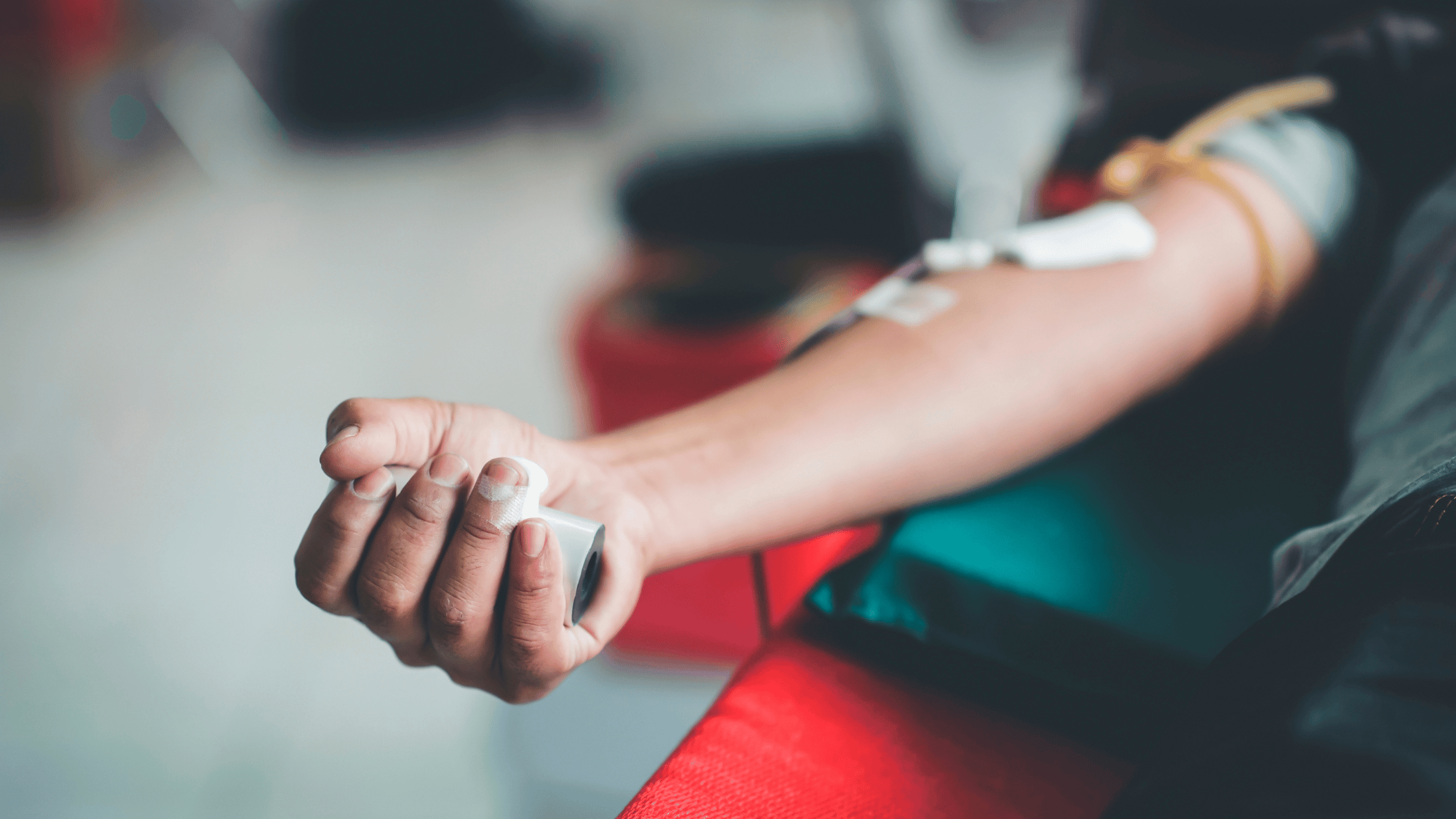
When our Thyroid Makes us Sick
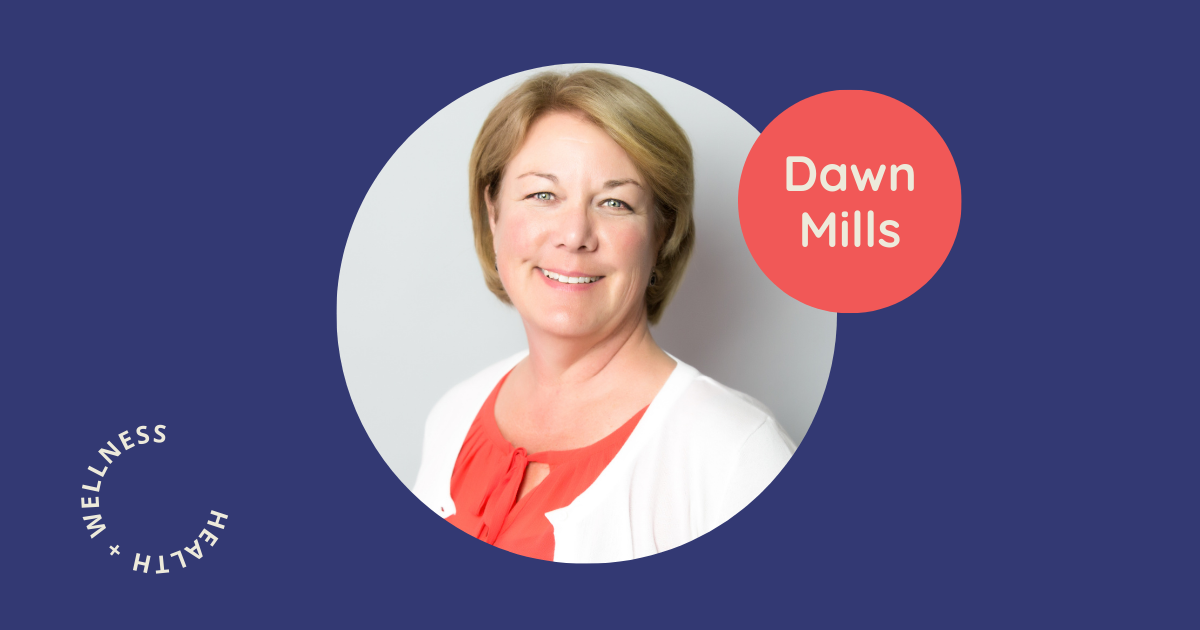
Best of Lake Anna: Luxury Koating Applications
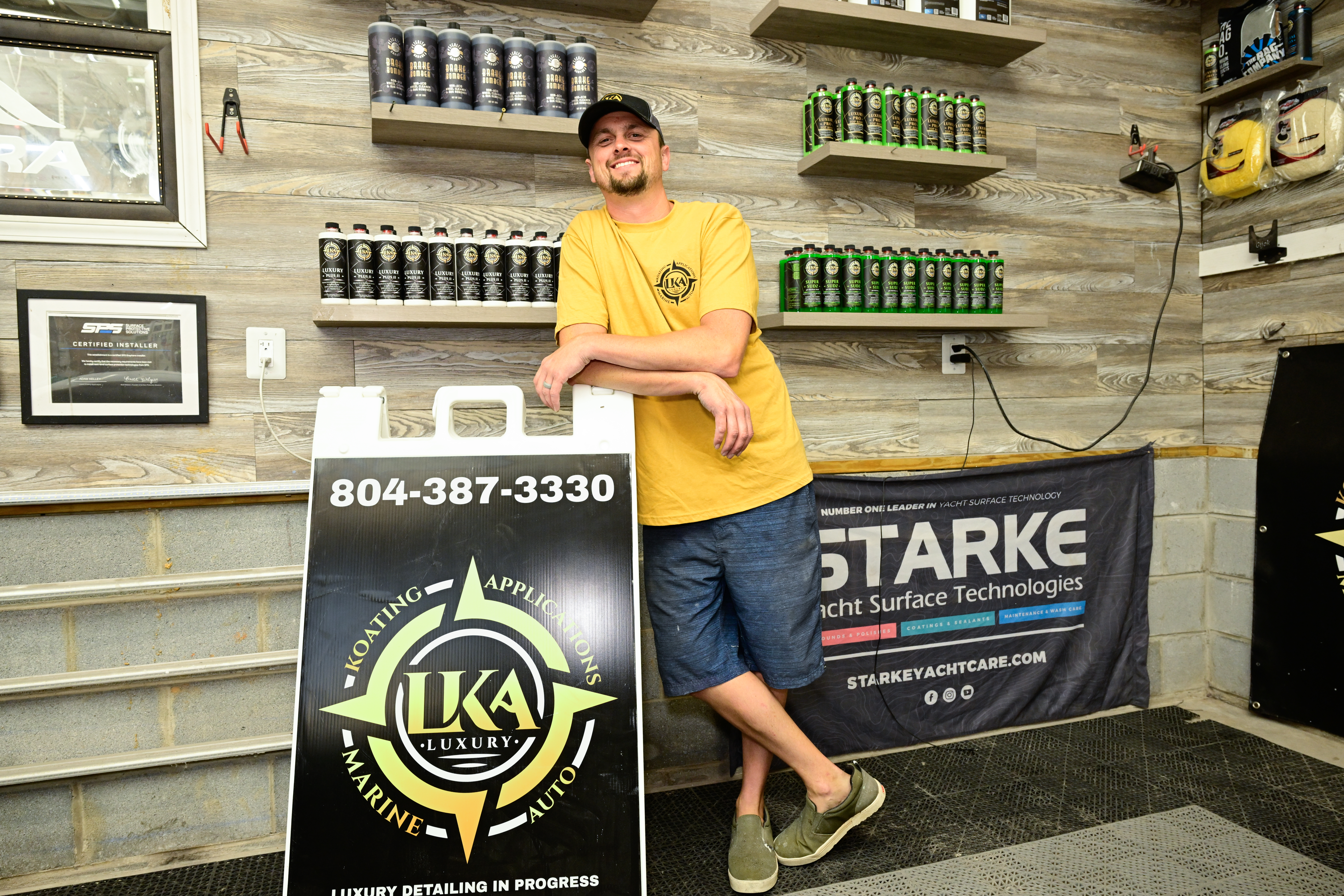
Best of Lake Anna: Lake Anna Taphouse
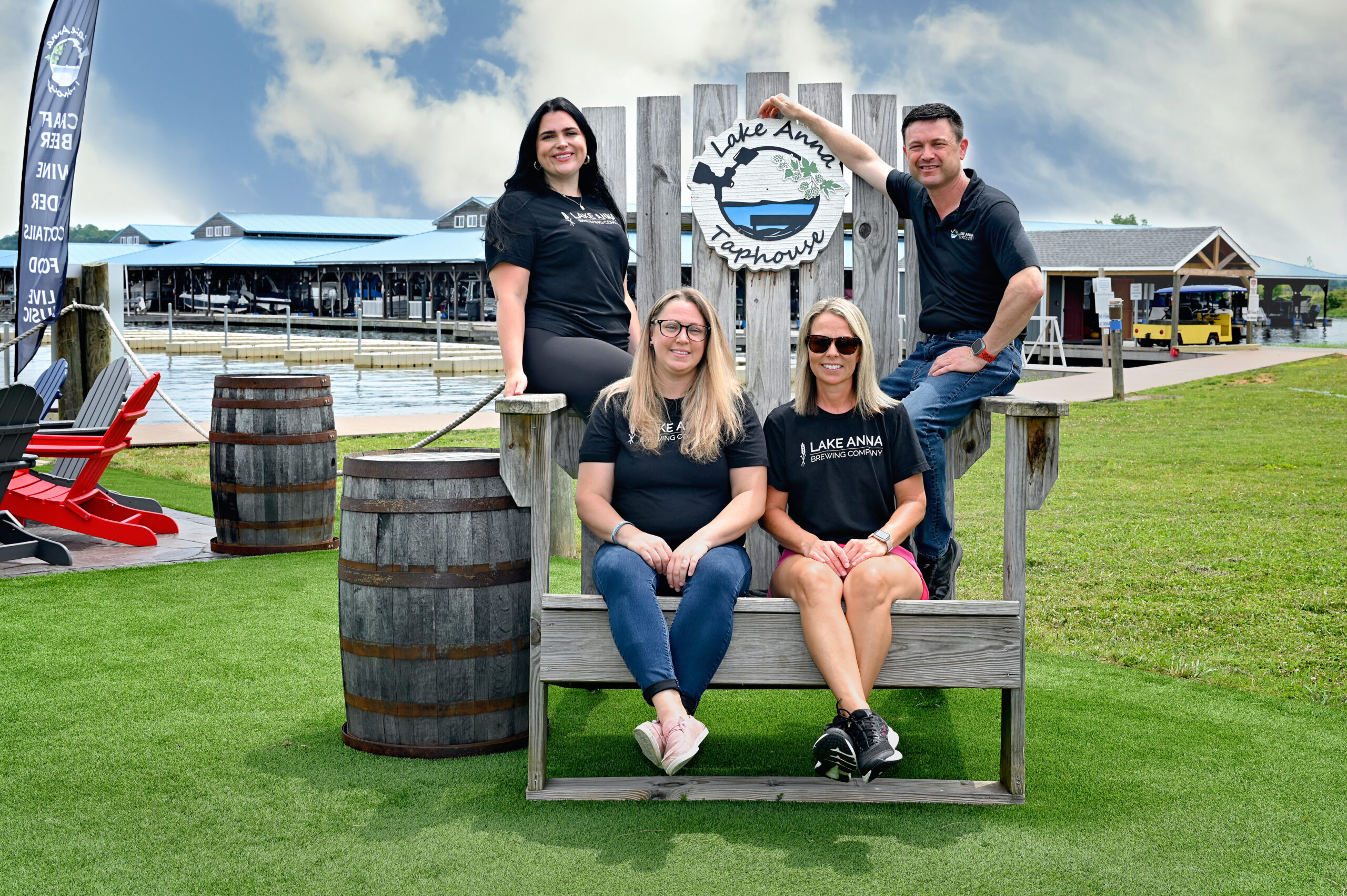
Best of Lake Anna: Teresa ‘Tre’ Carlson, Real Estate Agent
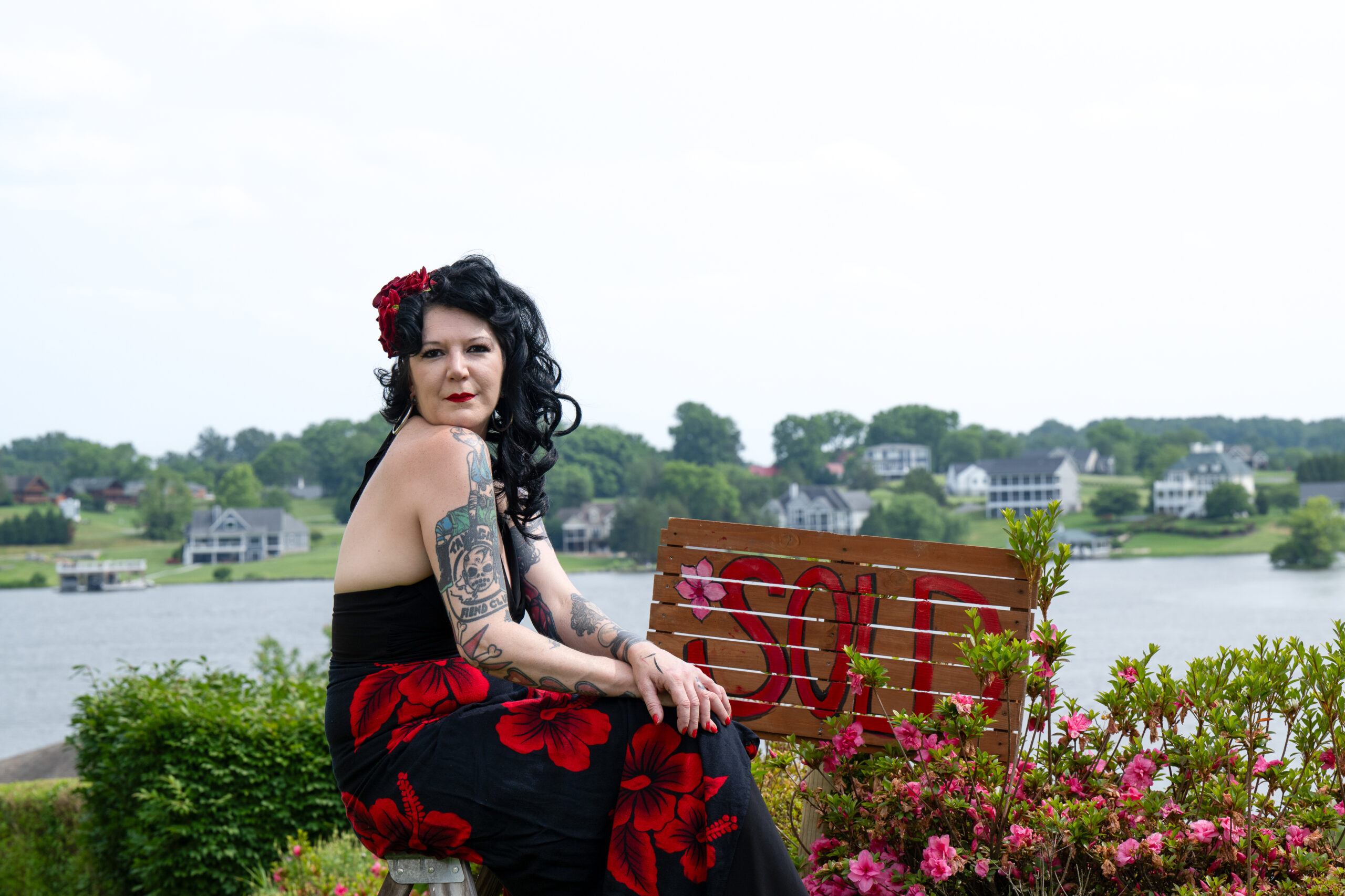
Best of Lake Anna: Jenn Weiland, Cutalong Golf Course
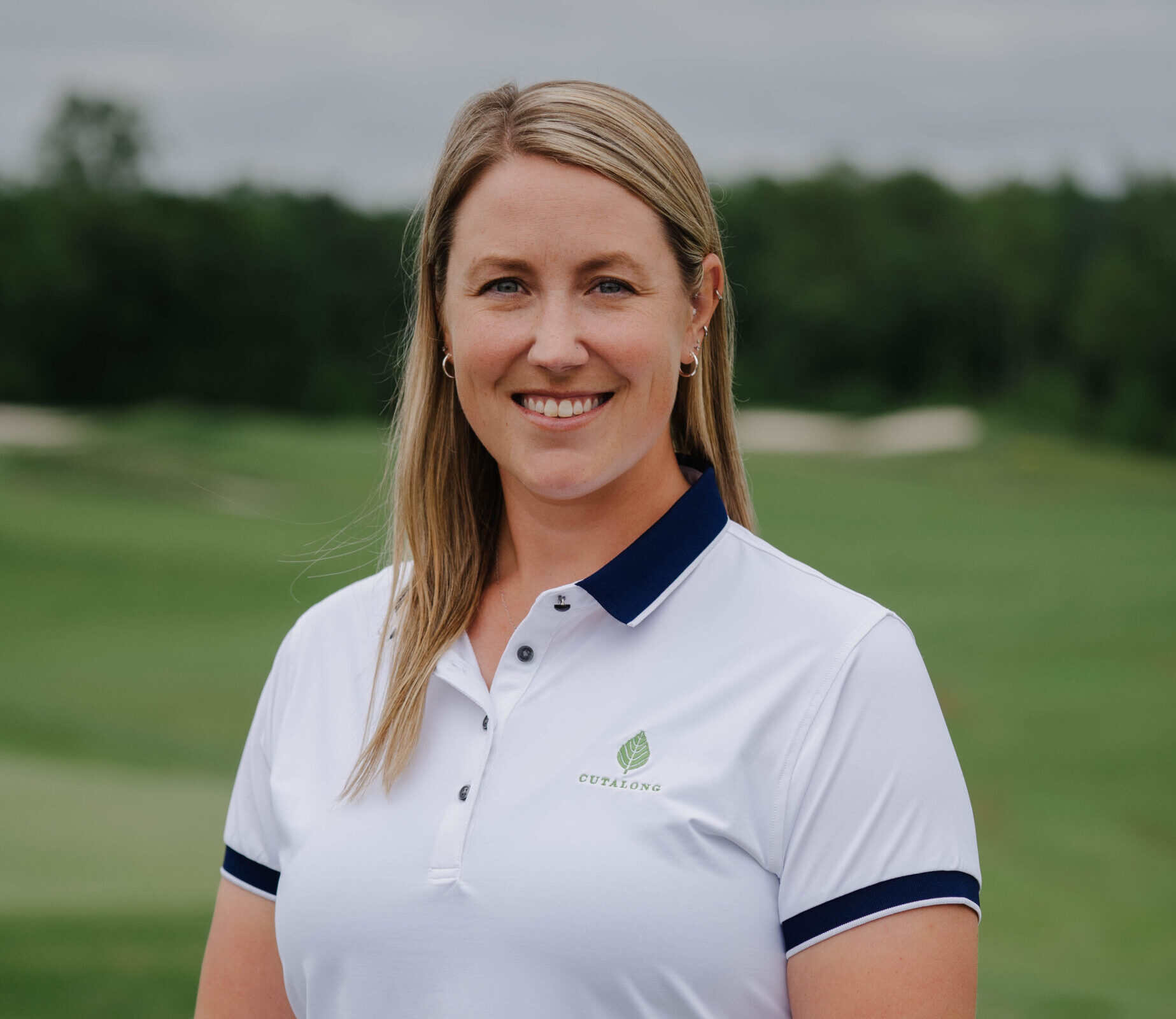
Restocking hormones, processing toxins, repairing tissue, fighting infections, and processing heavy emotions – this all happens in your sleep! And when you don’t get a good nights sleep, it can really make an impact on your overall health.
Deep in the center of the brain, we have our pineal gland. This gland secretes a neurotransmitter and hormone called melatonin. This happens, in part, by countering the stress hormone, cortisol. Melatonin suppresses the activity of other neurotransmitters and calms the brain. As we become drowsier, the brain slowly begins to turn off our voluntary skeletal muscle functions so we don’t move around too much.
Melatonin should rise steadily and cortisol should be quite low at bedtime for ideal sleep. This natural process for sleep is important for us as adults and for our children. We want this to happen naturally for our kids, not aided by a melatonin supplement. They can produce their own melatonin. And we, as parents, can teach them how so they will develop a lifelong pattern of good sleep.
The pineal gland secretes melatonin largely in response to darkness. When our kids watch TV, play video games, play on their tablets or even scroll on their phones up until bedtime, they will naturally have a harder time getting to sleep because melatonin has not been “signaled” to release. These devices mostly display full-spectrum light which can confuse the brain about whether it’s night-time or still day-time. As far as the brain knows, it is still time to have the brain fully turned on. Cortisol also lowers in environments with low noise levels.
Here are some ways to help your children naturally prepare for sleep and increase their melatonin levels while decreasing cortisol, which works for adults as well.
- Choose calm and quiet evening activities that help them relax, both mentally and physically (having them read a book or reading to your child, taking a bath, cuddling with a parent or a pet).
- Turn off all full-spectrum lights for a full 1-2 hours before bedtime (TV, video games, phones, tablets). Avoid amping up the brain with stressful conversations or caffeinated food or drinks (preferably nothing with caffeine after 2:00 p.m.).
- White noise or a fan helps some children to fall asleep more easily.
- Pay attention to temperature. Bedrooms should not be too hot or too cold. If you would be too hot in whatever they are wearing, they probably are too. Temperature extremes naturally increase our stress hormones which promotes wakefulness. Most people sleep best in a slightly cool room.
- Be mindful of potential allergies. Allergens can be on your child’s clothes or hair. Make sure they are sleeping in clean PJs, not the clothes they wore that day. Change their pillowcases often, especially if they have bad allergies. Change sheets once a week. Bathe your children, if not every night, at least every other night. This will not only help them relax but also wash out allergens in their hair.
- Keep a bedtime snack small and not too close to bedtime in order to quiet digestion.
- Establish bedtime routines with your children that are pleasant and stress-free. I know some of you are laughing right now! But the effort you make now to establish this routine will be oh-so-worth-it and result in good sleep for all.

Dawn is an AFMC (Applied Functional Medicine Certified) Practitioner (https://afmccertification.com/)
She resides in Virginia and enjoys spending time with her 4 grown children and 13 grandchildren. Personal health challenges started her on a journey that led her to this field of study and ultimately coaching other people in addressing their own health challenges. She applies the principles of Functional Medicine, finding the root cause of a disease dynamic, to her coaching, educating her clients and helping them make the lifestyle changes necessary for addressing issues such as autoimmune disease, insulin resistance, hormone imbalance, gut health, and infertility.
Dawn provides one-on-one coaching, coaching groups and classes.
Feel free to reach out with questions – [email protected]
Subscribe for Updates
Sponsors
latest articles
Roosters & Foxes Hosts 5th Annual Veterans Day Blood Drive, Aiming to Surpass Past Collections

When our Thyroid Makes us Sick

Best of Lake Anna: Luxury Koating Applications

Best of Lake Anna: Lake Anna Taphouse

Best of Lake Anna: Teresa ‘Tre’ Carlson, Real Estate Agent

Best of Lake Anna: Jenn Weiland, Cutalong Golf Course

![Featured image for “[Spotsylvania] New Speed Enforcement in School Zones”](https://lakeanna.online/wp-content/uploads/2025/09/Blog-pic-scaled.jpg)
[Spotsylvania] New Speed Enforcement in School Zones
Article By Jen Bailey
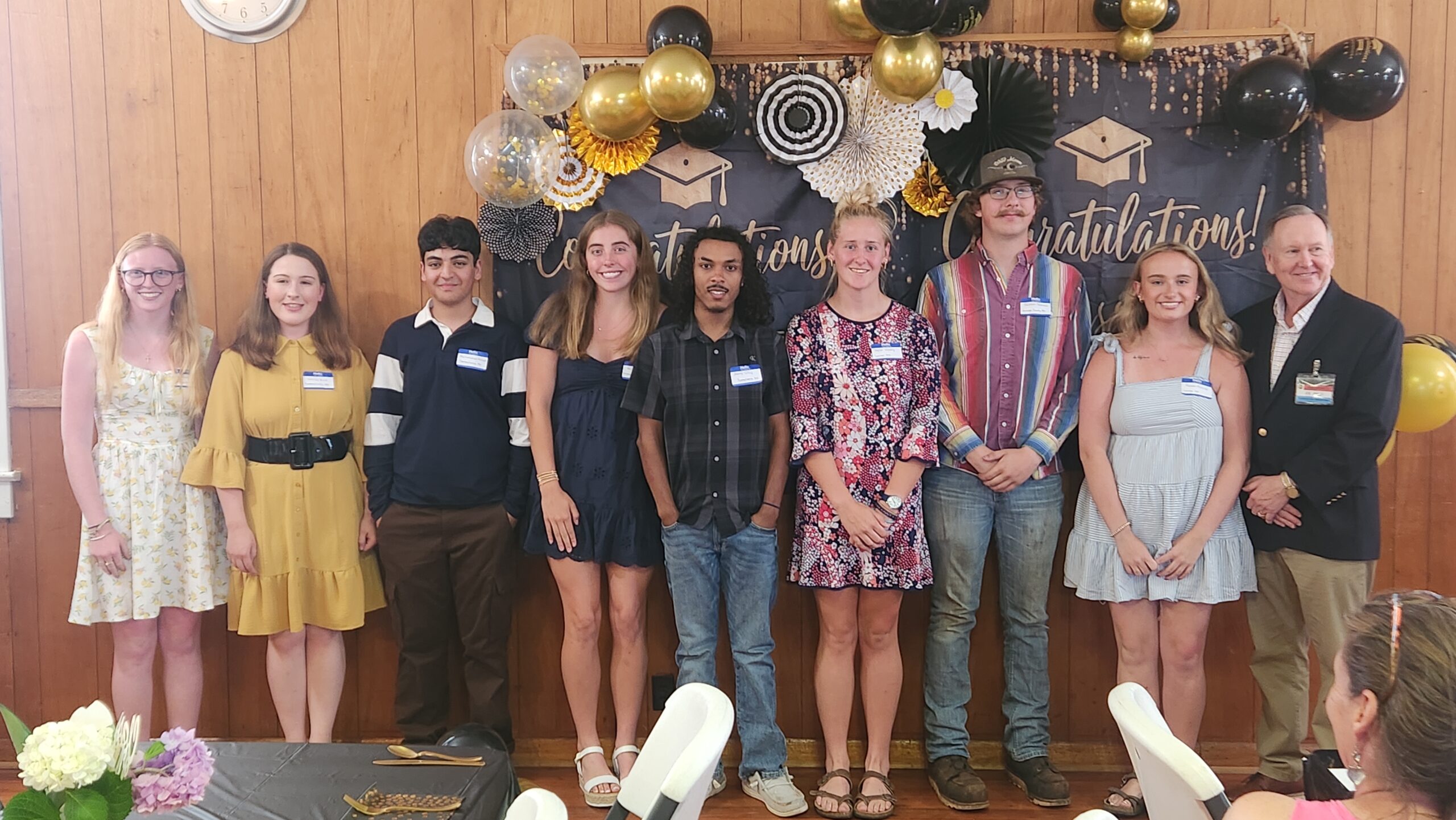
Belmont Ruritan Clubs Award $26,000 in Scholarships to Local Seniors
Article By Jen Bailey








